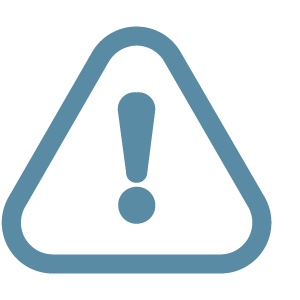
To break down acne-causing blockages in the skin

Burning sensation, redness and general skin irritation. See product packaging for full details

Causes skin sensitivity to sunlight. See product packaging for full details and other warnings
Salicylic acid is an acne treatment that is available over the counter, without having to see a doctor or nurse.
Salicylic acid is a beta-hydroxy acid that acts as a chemical exfoliator. Exfoliating is a way of removing acne blockages that have already formed within your hair follicles, such as whiteheads and blackheads. It is also a way of removing trapped skin cells, oil, cosmetics and other follicle-blocking substances from your skin, which can help prevent more spots forming. ‘Chemical exfoliators’ are ones where the chemical ingredients of the product, such as acids, exfoliate the skin, whereas ‘mechanical exfoliators’, such as scrubs and brushes, use friction to exfoliate the skin – you can learn more about mechanical exfoliators here.
Salicylic acid is commonly found in 2% concentrations in over-the-counter products and is often available in creams, masks and pads.
Salicylic acid works by penetrating the hair follicle and oil gland and dissolving the acne-causing blockages of dead skin cells, oil and other debris. It also works to reduce the amount of oil being produced by your oil glands, making it less likely that new acne-causing blockages will form or grow bigger.
One of the main benefits of salicylic acid is that it can penetrate deeper into your hair follicles than other chemical exfoliators to remove blockages and regulate oil production.
Salicylic also has some anti-inflammatory properties, helping to reduce the swelling and redness that comes with acne. In addition, it can help reduce the shedding of skin cells lining the hair follicle wall, resulting in fewer blockages.
Side effects of salicylic acid include burning, redness and general skin irritation. To help reduce the risk of side effects, start by applying a salicylic acid treatment for a just a few days a week. Salicylic acid can also cause your skin to become more sensitive to the sun so use a non-oily sunscreen during the day. Salicylic acid must not be used if you are pregnant. Please see your product details for full instructions and warnings.
It is important to remember that most acne treatments take time to work. Doctors usually suggest that you continue the treatment for at least twelve weeks before deciding whether or not it has worked for you. It is also often advised that you continue to exfoliate even after your acne symptoms have improved if you skin is still prone to acne blemishes. The skin sheds its top layer every twenty-eight days and acne problems may come back if the treatment has been stopped too soon.
You may be advised to use salicylic acid in conjunction with an alpha-hydroxy acid, such as glycolic acid, applying one in the morning and the other at night, as both provide different benefits. Please remember that using more than one chemical exfoliant should always be carried out under the supervision of your doctor.
Treatments that contain salicylic acid are often used as part of a wider acne treatment regime. These regimes involve using acne treatments and sometimes other products in an organised way with the aim of maximising the treatment’s effectiveness. It is important to remember that not all acne treatments can be used safely together and that you should seek the advice of your pharmacist or healthcare provider before starting or combining any treatments. Click here for an example of an acne treatment regime.
Please note that over-the-counter treatments are unlikely to be effective against severe acne. That is acne that consists of many lesions covering an area, with cysts and nodules being present, and is often scarring. If you have acne that has lasted for several weeks and is getting worse, is leaving scars or is affecting your mental health then you should arrange to visit your GP.